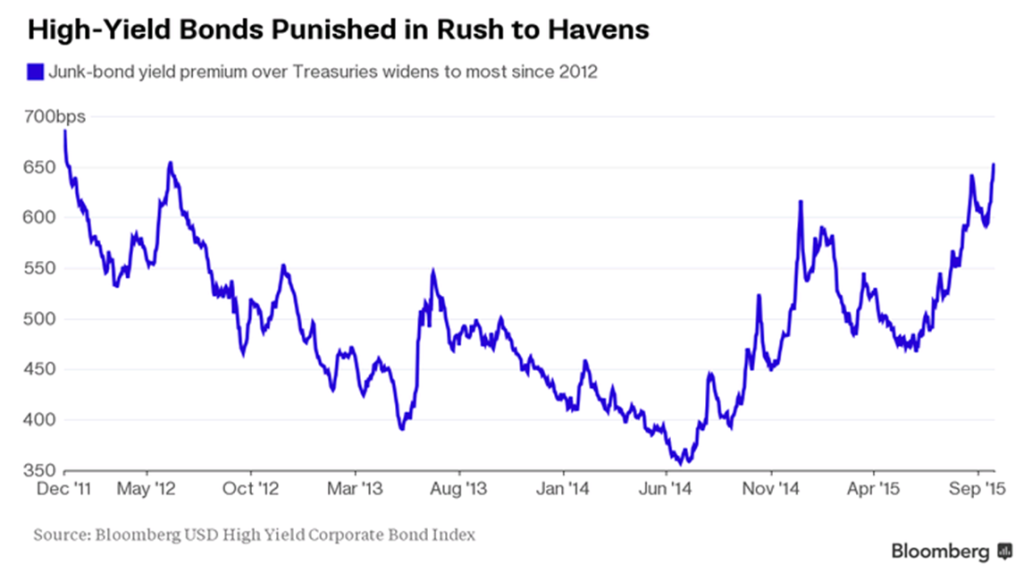We Have Commentary! (New From October - The Month of Surprises) As someone who (like so many here) studies the Commentary texts intensely, I am trying to fathom the extreme Leuthold valentine.
>> They’re an independent firm that produces financial research for institutional investors.
okay
>> They do unparalleled quantitative work deeply informed by historical studies that other firms simply don’t attempt.
Seriously, unparalleled?? Not just unsurpassed? Did you really mean to write that?
>> They write well and thoughtfully. x 2
Moreso than the best of the others who do so?
>> Quite beyond that, they put their research into practice through the Leuthold Core (LCORX) ...
k, who doesn't?
>> Core was a distinguished “world allocation” fund before the term existed. $10,000 entrusted to Leuthold in 1995 would have grown to $53,000 today (10/01/2015).
Lots of different managers were making decisions during those two decades, per M*, unless you are claiming Leuthold himself really ran the show, regardless of the group dynamics and inputs, until 2011, but also still, albeit mostly retired, that he has major say from jealousy-inducing Bar Harbor.
>> Over that same period, an investment in the Vanguard 500 Index Fund (VFINX) would have growth to $46,000 while the average tactical allocation manager would have managed to grow it to $26,000.
Not sure whether to go there, using many owned oranges. One would not want, over those two decades, to compare Core with FPACX or OAKBX; but are they tactical? One would not want to compare Core with FCNTX or FLPSX or PRBLX (management change here) or even GABEX, listed here since all equities (SP500) was mentioned.
>> All of which is to say, they’re not some ivory tower assemblage of perma-bears peddling esoteric strategies to the rubes.
All righty then.
>> The bottom line is that a cyclical bear began in August and it’s got a ways to go.
Huh. If they say so. Maybe they're right.
Whence this valentine and pitch ?
Kathleen C. Gaffney and EVBAX
Meaning of US 10 year at 1.98% What's the 10-year telling us? Very little I suspect. But a little ...
It says,
1. Trend persistency is alive and well (borrowing one of Junkster's phrases).
2. There's an aging population (pushing people into annuities and bond investments viewed as "safe").
3. There's fiscal uncertainty in the U.S. (the battle over the budget and a bunch of fruit-cakes running for President).
4. There's a slowdown in China (Surprise! Economies don't always grow exponentially and markets sometimes correct.)
That should cover it.
Crash's link is on Jeff Gundlach's forebodings about a rate hike (around the time of the last FOMC meeting). Fair enough. But I wouldn't read a tremendous amount into it. Economists seem about equally divided on the question. And, Gundlach does have a dog in the fight - so to speak.
http://news.investors.com/100915-775007-compounding-interest-and-investment-returns-to-help-your-kids.htm
